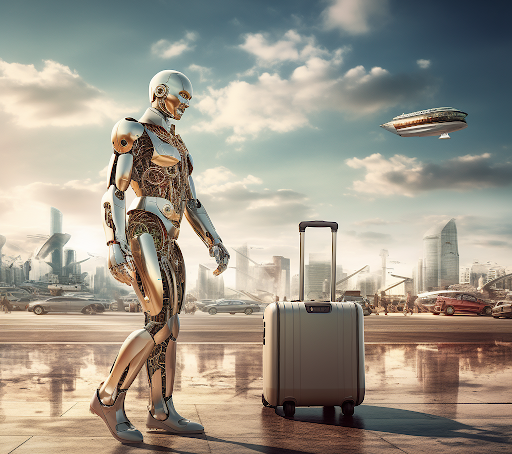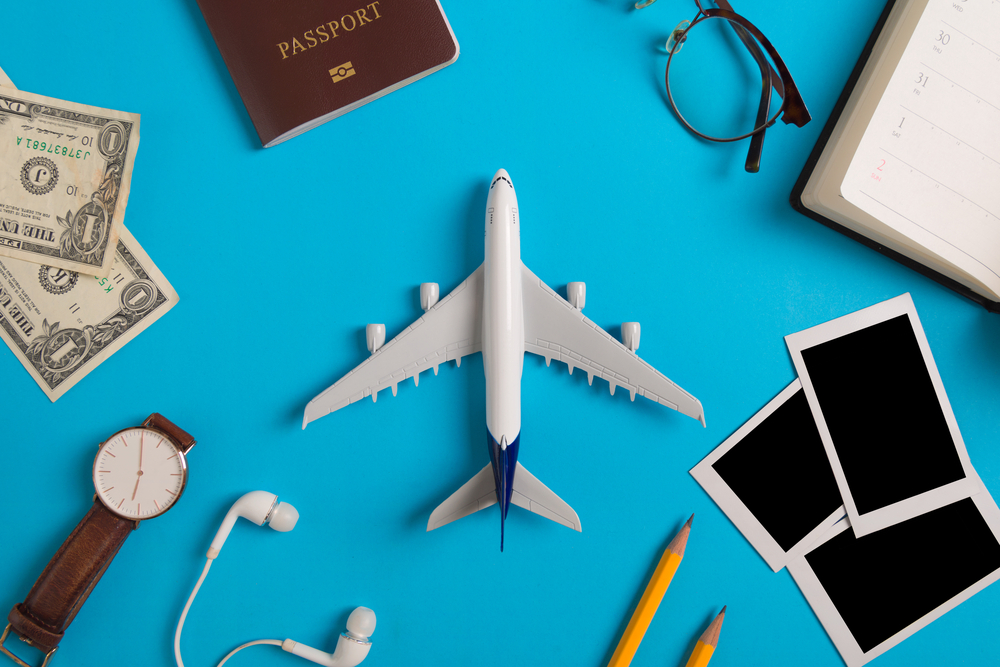

In recent years, AI has made significant strides, promising to revolutionize the way we plan, experience and remember our journeys.
Enhanced personalization
One of the most promising aspects of AI in travel is its ability to deliver personalized experiences. Advanced algorithms analyze vast amounts of data, including travel history, preferences and online behavior, to tailor recommendations. From suggesting personalized itineraries to pinpointing specific destinations, AI can create a more bespoke travel experience.
For example, AI-driven platforms can analyze a traveler’s past choices, such as preferred destinations, accommodation types and activities. Based on this information, the system can generate targeted suggestions for future trips, thus enhancing the overall planning process and making travel more enjoyable.
Chatbots and virtual assistants
AI-powered chatbots and virtual assistants are becoming invaluable tools in the travel industry. These intelligent systems can handle customer queries, provide real-time assistance and even assist in booking and managing reservations. Furthermore, chatbots, equipped with natural language processing capabilities, can engage in human-like conversations, offering travelers instant support and information and ultimately enhancing customer service.
Whether it’s confirming flight details, recommending local attractions or addressing specific queries, AI-driven chatbots are available 24/7, providing travelers with the convenience and support they need throughout their journey.
Smart travel planning
Planning a trip often involves sifting through vast amounts of information, from flight options to accommodation choices and local activities. AI simplifies this process by automating the travel planning phase. AI platforms can analyze historical travel data, user reviews and trends to recommend the best options for each traveler.
Moreover, AI can consider external factors such as weather conditions, local events and travel restrictions, ensuring that travel plans remain flexible and responsive to the ever-changing landscape. This not only saves time for travelers but also contributes to more informed decision-making, resulting in a smoother and more enjoyable travel experience.
Predictive analytics for pricing and availability
AI’s predictive analytics capabilities are reshaping how travel companies manage pricing and availability. By analyzing historical data, market trends and user behavior, AI algorithms can predict fluctuations in prices and demand. Consequently, travel agencies and platforms optimize pricing strategies, offering competitive rates and ensuring that travelers can secure the best deals.
Additionally, AI-driven systems can anticipate peak travel times and availability constraints. Thereby, allowing travelers to plan their trips more strategically. This proactive approach to pricing and availability contributes to a more transparent and efficient travel market.
Enhanced security measures
Security is a paramount concern for travelers. AI plays a crucial role in enhancing safety measures across the travel industry. From identity verification to real-time threat detection, AI-powered systems are improving security protocols at airports, hotels, and other travel hubs.
Furthermore, facial recognition technology, for instance, is being implemented at airports for seamless check-ins and enhanced security. Moreover, AI algorithms can quickly analyze large datasets to identify potential security risks, thus contributing to a safer and more efficient travel experience for all.
Virtual and augmented reality experiences
AI is taking travel experiences to new heights through the integration of virtual and augmented reality. Virtual reality allows travelers to explore destinations, hotels and attractions from the comfort of their homes. It consequently provides a preview of what to expect before making travel decisions. Augmented reality enhances on-site experiences by overlaying digital information on the physical world. Thus, offering interactive guides, navigation assistance, and additional insights.
These immersive technologies not only enhance the planning and decision-making processes but also contribute to a more engaging and memorable travel experience.
As AI continues to evolve, its impact on the travel and tourism industry will undoubtedly change. Indeed, the seamless integration of AI-driven technologies promises to make travel more personalized, efficient and secure. By leveraging the power of artificial intelligence, the future of travel is set to be a harmonious blend of innovation and enhanced experiences. As we embrace this transformative era, the travel and tourism industry will reap the numerous benefits that AI has to offer.

Shaima Almeer
Data analyst and AI country advisor to Bahrain
@shaimaalmeer













